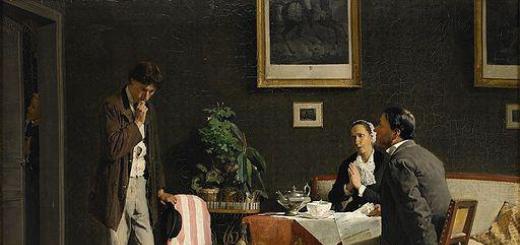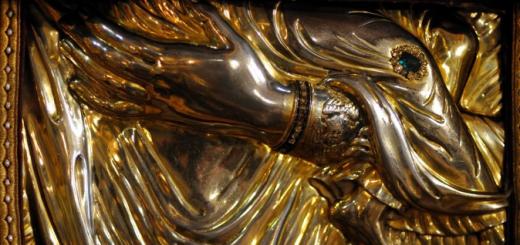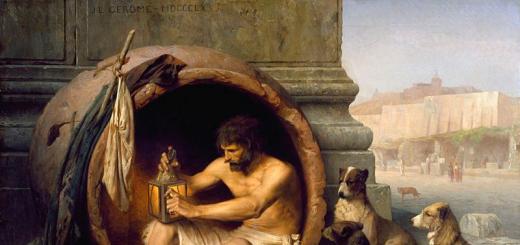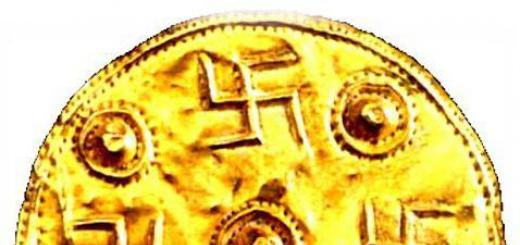- another material about the great people of past centuries.
Diogenes and Alexander the Great.
Diogenes - barrel and lantern
There is a general belief that the Greek philosopher Diogenes lived in a barrel. Even those who know nothing more about the "crazy Socrates" are sure of the veracity of this statement. However, in dealing with the topic of delusions, I found that the greater the general belief in something, the more likely it was that everything was not so at all. And in the case of Diogenes, it seems that this regularity is also effective.
First, even if Diogenes chose such an extravagant dwelling for himself, it was not a barrel, but a pithos - a large earthen jug (barrels simply did not exist in ancient Greece). It is known that pithoi, which fell into disrepair, were used by the Greeks as dog kennels, and Diogenes, one of whose nicknames was “Dog”, could choose such housing for outrageousness, which, however, also seems doubtful.
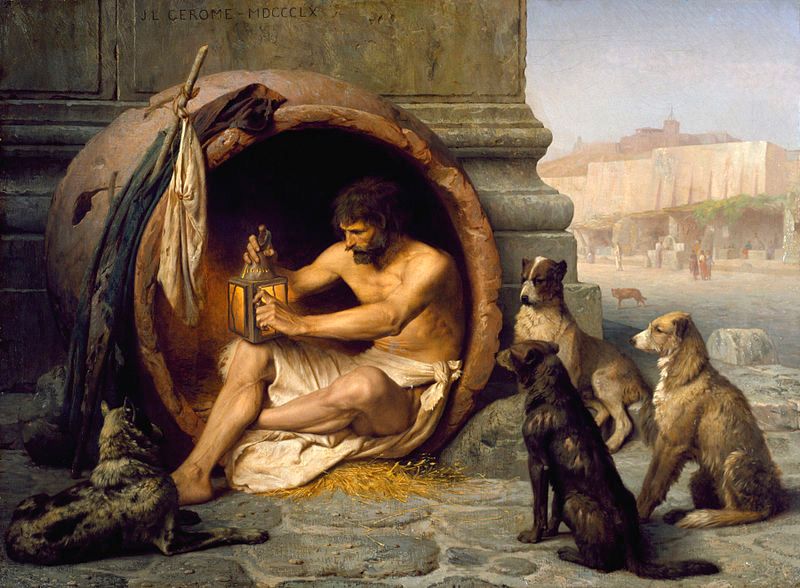
Diogenes and barrel.
Secondly, I can’t believe that in such, to put it mildly, uncomfortable dwelling it was possible to compose philosophical works and teach students who were popular with Diogenes it was not enough.
According to Ludwig Soucek, author of the Encyclopedia of Common Misconceptions, the cask legend may have one of the following sources:
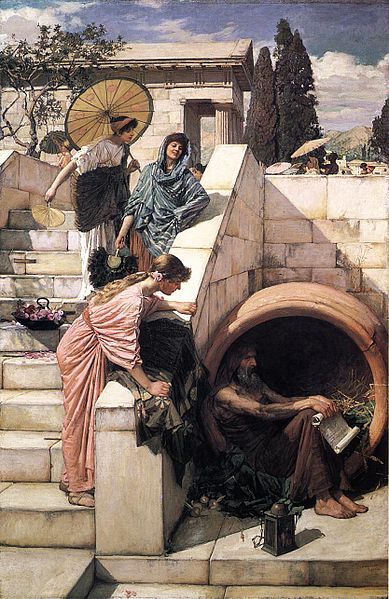
And again Diogenes in a barrel. Artists did not see the difference between a barrel and a pithos.
"one. Diogenes lived in a small house, which the Athenians derisively called "pithos", that is, a barrel (Soucek is wrong here, since the pithos, as already noted above, is not a barrel, but a jug - S.M.); the philosopher's dwelling seemed to his fellow citizens very eccentric - after all, he had many students, he was popular.
2. However Diogenes had both envious people and enemies - one of his philosophical opponents once declared: "A man so malicious should live in a barrel like a dog."

3. Many years Diogenes was the educator of the children of the wealthy Corinthian merchant Xeniades, who bought him from sea robbers in Crete. When Diogenes died, the grateful Cretans erected a monument on his grave: a figure of a dog made of Parsky marble. It is difficult to say what this original tombstone was supposed to symbolize, but it is known that old barrels served as dog houses in those days in Greece.
Those who believe that all the anecdotes and funny stories about Diogenes are related to the real Diogenes of Sinop, one of the founders of the philosophical current of cynicism (by the way, the word cynicism comes from the name of this school). First, there is information about the existence in one period of at least five Diogeno in. Secondly, from the very Diogenes none of the 14 philosophical writings attributed to him remain. And it turns out that Diogenes from the barrel (pithos), who was looking for a person with a lantern in broad daylight, most likely was very different from the real philosopher Diogenes Sinopsky.

